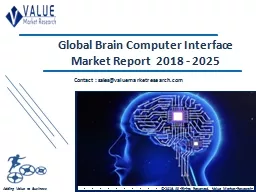PDF-Why (In)numeracyMattersDepartment of Computer SciencePrinceton Univers
Author : test | Published Date : 2015-12-11
1 Perhaps the Bush administration could use the 660billionbarrel Strategic Petroleum Reserve from Newsweek 52404 when gas was 2gallonThe average vehicle uses 550
Presentation Embed Code
Download Presentation
Download Presentation The PPT/PDF document "Why (In)numeracyMattersDepartment of Com..." is the property of its rightful owner. Permission is granted to download and print the materials on this website for personal, non-commercial use only, and to display it on your personal computer provided you do not modify the materials and that you retain all copyright notices contained in the materials. By downloading content from our website, you accept the terms of this agreement.
Why (In)numeracyMattersDepartment of Computer SciencePrinceton Univers: Transcript
Download Rules Of Document
"Why (In)numeracyMattersDepartment of Computer SciencePrinceton Univers"The content belongs to its owner. You may download and print it for personal use, without modification, and keep all copyright notices. By downloading, you agree to these terms.
Related Documents












![[BOOK]-Status: Why Is It Everywhere? Why Does It Matter?: Why Is It Everywhere? Why Does](https://thumbs.docslides.com/956296/book-status-why-is-it-everywhere-why-does-it-matter-why-is-it-everywhere-why-does-it-matter.jpg)

